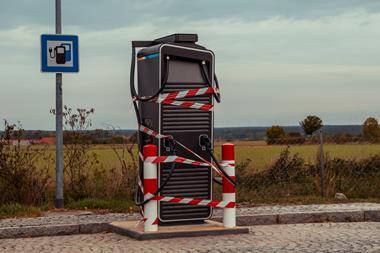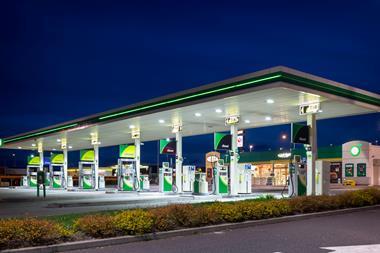Men are more likely to run out of fuel and to put the wrong type of fuel in their car, according to research by the RAC.
While one in five (23%) – an estimated 6.6m – UK motorists admit to having run out of fuel at least once, 61% were men in contrast to just 39% who were women.
Although three quarters (76%) of the motoring population claim never to have been caught out, men are also slightly more likely to be repeat offenders – 6% compared 4%. In 2013 the RAC dealt with more than 22,000 ‘out of fuel’ incidents which equates to almost 100,000 motorists a year across the country.
The research also reported that 13% of men admitted putting the wrong fuel in their car compared with 8% of women. The RAC attends in excess of 30,000 ‘misfuellings’ a year, and says this would extrapolate to around 130,000 among all UK drivers, or a financial cost of about £40m based on an average of £200 for draining and flushing a vehicle and the loss and replacement of £50 of fuel.
The researchers said the higher figures for men could be because they tend to drive more miles per year than women. They also said the number of ‘out of fuel’ incidents increases when fuel prices are rising, adding that this could be because motorists are trying to make it to their preferred filling station with the lowest prices.
RAC technical director David Bizley warned: “Both running out of fuel and misfuelling can be ‘costly’ mistakes. Running out of fuel can result in motorists being stranded in dangerous places on the road and misfuelling can be very expensive, particularly if a vehicle suffers damage as a result of the wrong fuel being sent around the system.
“Regularly running a vehicle on a minimum of petrol or diesel can cause a number of fuel system problems, but of greater concern from the findings of our research is the fact that more than one in 10 (12%) of people surveyed say they have run out of fuel on the motorway, putting themselves in a very dangerous situation unnecessarily.
“Misfuelling can also be an expensive mistake which we estimate cost motorists around £40m last year. This is clearly something that can be avoided by taking an extra moment at the pump to double check you have the correct pump in your hand for the vehicle you are about to fill up. As most breakdown policies do not cover misfuelling, the RAC has developed a new ‘optional extra’ product to cover the unexpected expense of putting the wrong fuel in a vehicle.”
The RAC operates a fleet of 30 dedicated misfuelling patrol vans which are equipped to drain contaminated fuel at the roadside and re-fuel motorists’ vehicles so they can continue their journeys.

































No comments yet